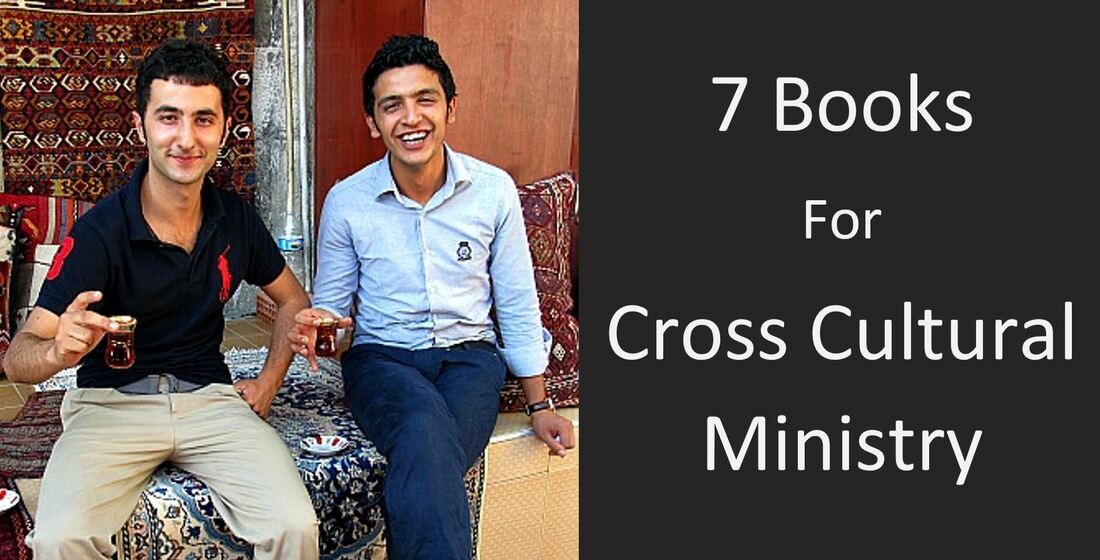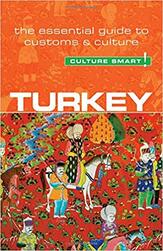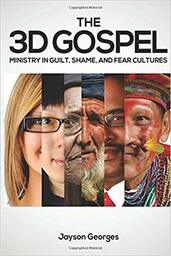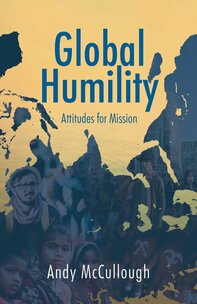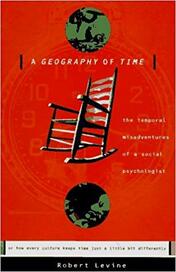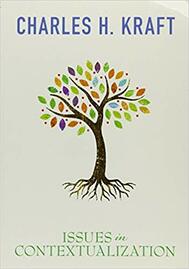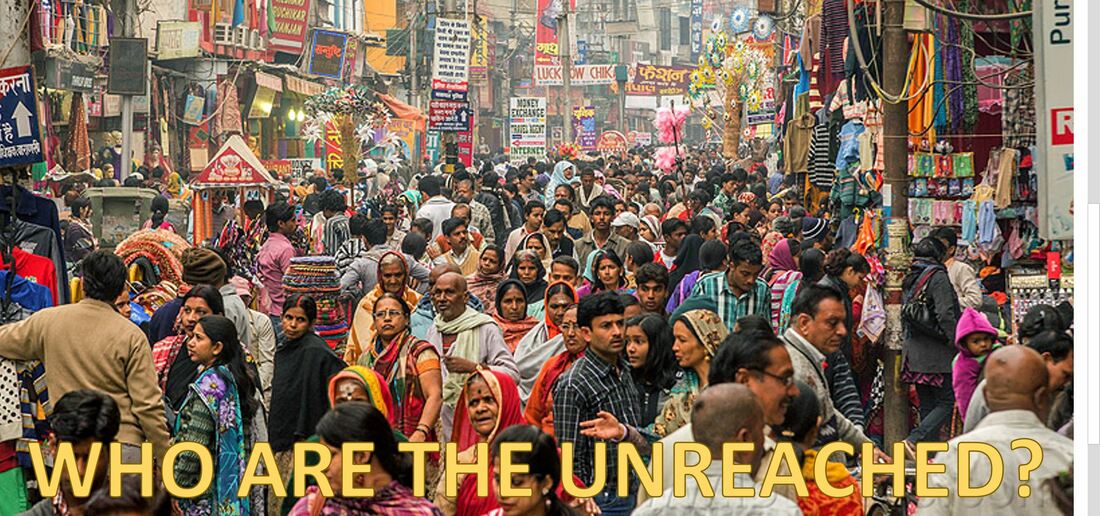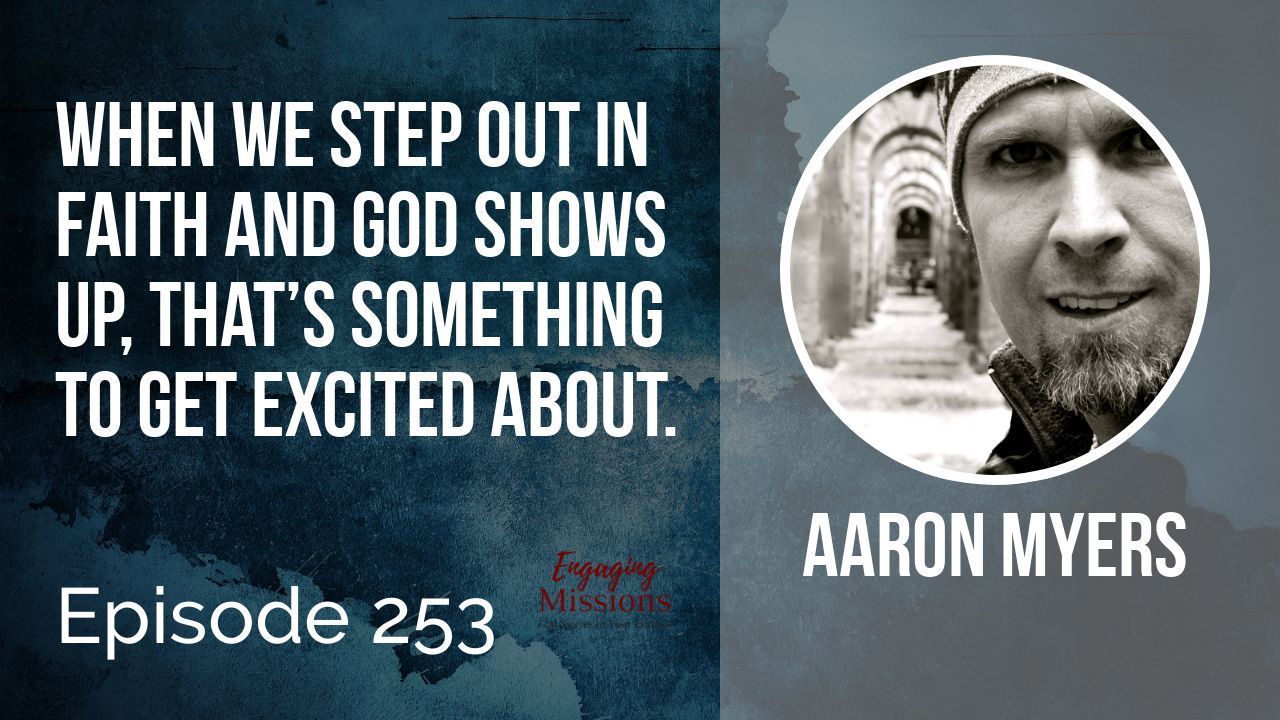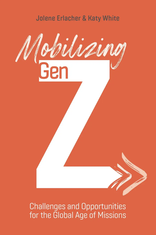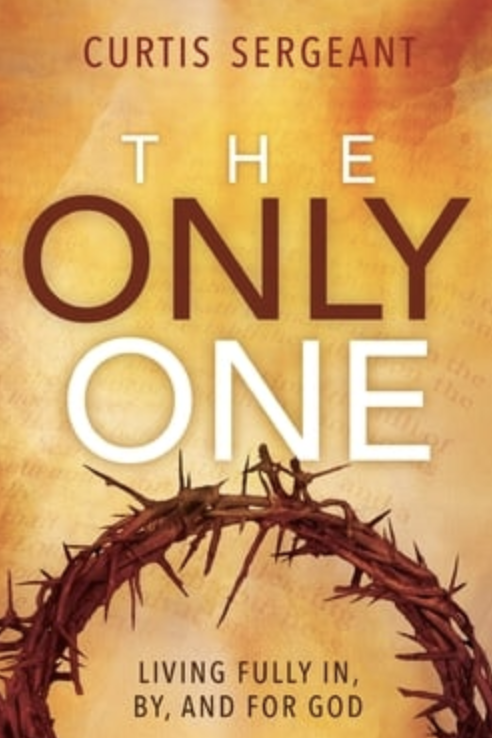|
Jesus instructed his followers - which includes us - to go and make disciples of all nations, baptizing them in the name of the Father and of the Son and of the Holy Spirit and teaching them to observe all that He had commanded. It was the last instruction that he gave to his first disciples and as they obeyed, the gospel quickly spread out from Judea and into all of the surrounding regions and it kept going. In the process of moving out, the disciples who carried the gospel, quickly began to cross linguistic and cultural barriers and they began to wrestle with how to communicate the gospel well. This has been an ongoing challenge for every generation of disciples as they strive to obey Jesus. It is a challenge for our generation as well. Doug Birdsall says that, "The Great Commission is for every church in every culture in every generation. There are no exclusions. But . . . every church in every culture in every generation must determine the way in which they respond to this responsibility -- in a way that is appropriate to time and context." Here are seven books that I think you will find helpful for learning how you should respond as you have opportunities to cross cultural barriers with the gospel. Getting Started
Digging Deeper
The Textbooks
0 Comments
Last week I listened to an interview with Justin Long on The Missions Podcast. The topic was a discussion of what is meant by the term “Unreached.” Justin is the Director of Global Research at Beyond. He’s a missiologist, researcher and statistician whose handle on the numbers of lost in our world is quite helpful. I wanted to share something that Justin challenged the listening audience with. There are nearly 3 billion unreached peoples in our world today. Despite this reality, the majority of missionaries and mission spending continues to go into work in countries and among people groups where the church is already established. This leaves the nearly 3 billion unreached with very little access to the saving news of the gospel. Here was Justin’s challenge. If there is so little effort put toward reaching the 3 billion unreached in our world then one of a number of options must be true.
The first option does not reflect the heart of God and so we are left to wrestle with the second options. The interview is one that I want to invite anyone involved in mobilizing the church toward work among the unreached to listen to. It will do much to bring clarity to our understanding of unreached, a term that is increasingly being used in all sorts of context. Justin and the hosts do a great job of teasing out the nuances of what we mean when we talk about the Unreached. [Listen Now] Further Resources
It was noon and I was meeting my new friend Musa* for an hour over my lunch break. We’d decided to meet at our favorite coffee shops to connect. I’d first met Musa when he had reached out looking for someone to practice his English with. He’d had a lifetime of classroom instruction in his home of Cairo, Egypt* but had few native English speakers with whom he could practice. The first time we met we covered the bases of getting to know one another. Where are you from? What is your family like? What do you like to do in your free time? The sounds of Arabic were all around him in the busy Cairo coffee shop where he sat. I then asked Musa what he did for a living. He is a young guy, in his early twenties and had just gotten started working as a mobile phone app developer. Then he returned the favor and asked me what I do. I’m in full time ministry so this is always an interesting question to answer. But I dove in. "I help people in churches in America understand and follow Jesus. That is pretty broad but it involves teaching, training, coaching, encouraging and casting vision with leaders and regular people. I'm not going to get rich, but I do find tremendous fulfillment in doing the things that I believe that God has made me to do. I bet that sounds a little crazy, but that's what I do and really it's who I am." I could tell He didn’t completely understand what I was talking about so he asked a few more questions but then moved on, wondering if I’d been to Turkey. He’d recently visited Istanbul and loved the city. I told him of our four and a half years living there and how much we loved the people we knew there. We meandered in and out of topics and then he asked a serious question, “I hope to hear an emotional situation you have been through?” I thought for a few minutes and then told him about a recent struggle I’d been facing and about how our family had spent time praying for God’s wisdom and healing. It was good to be transparent with my new friend even though it felt a bit hard and I wasn’t sure he was following everything. Musa’s English is good but he hasn’t had a lot of experience talking about personal topics. When I was finished, I said, “What about you? Have you been through any hard situations in life?” Musa was contemplating his answer when he looked at his watch. He gave me a wry smile. “I’ll have to tell you next time. I’ve got to go now. But let’s make sure and meet again.” As Musa left, I wondered about our conversation. Had I said too much about what I do? Should have I asked more questions about his faith and beliefs? Should I have offered to pray for him before he left? What if I had said something wrong? I spent some time praying for our time together asking the Lord to use it for his glory and to reveal himself to Musa. And then I removed my headphones and shut down Facebook Messenger on my laptop computer. I got up from my seat in the corner of my coffee shop in South Dakota, grabbed my mug and headed up to the counter for a refill. Though we were half a world away, Musa and I had enjoyed a great cup of coffee and better conversation. We continue to connect regularly, oftentimes just texting back and forth, sometimes hopping on a video chat to say a quick hello and at other times, setting aside an hour to grab a cup of coffee for an extended talk. To my surprise, Musa had quickly moved into questions of faith. I’ve introduced him to Discovery Bible Study and we are slowly working through a creation to Christ story set. We read a passage of scripture - I paste it into Messenger and he reads the Arabic and I read the English. We then ask some simple questions to help us discover what the story says about God, about people and about how we should live our lives. It’s been slow because Musa often brings up his own questions - questions that are stretching me and forcing me to dig into my own faith and theology. We started with his questions about the Christian idea of a triune God. We’re now pressing into the validity of the Bible. And those conversations are packed in between talk of family and culture and food and movies and dreams for life. It’s a whole lot of fun. I am the only true follower of Jesus that Musa knows. I’ve been able to pray for him and continue to pray for him regularly. Musa is one of many young guys that I am connecting with online all across the Muslim world and someday, I hope I will be able to meet all of them in person, if not in this life, then in the eternity of heaven. That is my prayer for each of them. There are 1.7 billion Muslims in the world today and collectively, Christians are sending one missionary into the Muslim world for every 405,000 Muslims.[1] This has to change. John Stott has said, “We must be global Christians with a global vision because our God is a global God.” Because of advances in technology and the globalization of our world, millions of people throughout the Muslim, Hindu, Buddhist, Animistic and un-religious worlds are working to learn English. They are going online to try and find people with whom they can practice speaking. A new door of missionary activity has opened and it is open to everyone who is a follower of Jesus and has an Internet connection. Geography is no longer a barrier to your relationship with a Muslim like Musa. C.T. Studd said, “If Jesus Christ be God and died for me, then no sacrifice can be too great for me to make for Him.” Will you sacrifice an hour a week to invest in a relationship with a young man or woman in the Muslim world who is looking for friendship and someone to practice English with? Let Us Help You
*For security, names and places have been changed. 1 - http://www.thetravelingteam.org/stats I had the privilege of being interviewed on the Engaging Missions Podcast hosted by Bryan Entzminger a while back and today it was posted to the web.
I encourage you to stop by the Engaging Missions podcast and have a listen and while you are there, make sure and subscribe to his podcast. He has some amazing interviews with some pretty amazing people. Check out the interview here: And be sure and check out a few of my favorite interviews from the past:
How Many Loaves Do You Have?
It is an interesting question that Jesus asks his disciples. After all, they are standing amidst a crowd of 4,000 hungry people who have been with Jesus for three days and don’t have any food. They find themselves in a remote place, far from any eating establishments or bakeries. But Jesus has something he wants to accomplish and so he asks them, “How many loaves do you have?” It’s a familiar story, one of many similar stories recorded in the gospels. Jesus takes what resources the disciples have, seven loaves and a few fish in this case, and miraculously multiplies it to feed the whole crowd, leaving seven basketfuls of leftovers for them to deal with when the day is done. This story reflects an important principle in the kingdom of God. The resources are in the harvest. Think of the parable of the growing seed. Where did the seed come from that the farmer was scattering in the empty field? It came from last year’s harvest. Think of Jesus giving his disciples the great commission. One of his greatest Apostles was not there with Jesus to hear the commission. He was still in the harvest. He was Saul but God would use him in mighty ways after he came to faith. Jesus demonstrates this principle when he sends out the disciples. In Luke 10 he sends the seventy two into every town and place where he was about to go. First he instructs them to pray for more harvesters. Where are those harvesters going to come from? From the harvest! Then he instructs them to find the house of peace and stay there. Don’t move around from house to house. My thinking would say, “I’m the Christian. I have to be the one to tell everyone about Jesus.” It seems however that Jesus is asking me to take off my superman cape and realize that the one he will use is in the harvest. So he instructs the disciples to stay. Stay and invest in this household. They know the context of their village. They have the relationships. They will be the ones to plant the church in their home. The Apostle Paul also sees the resources in the harvest. He doesn’t take teams of twenty believers to plant an already functioning church. He and a few of his guys enter a town, preach the gospel, invest in new believers and then leave. He encourages them from afar through letters, sends back his young Timothys to equip and encourage and comes back for a visit to encourage and help appoint elders. Everyone in the churches that Paul plants come out of the harvest. Dependence on our own giftings, calendars and resources always limits our vision of what God can do. When we move into new or challenging contexts with the confidence that Jesus will provide all that is needed to see his Kingdom expand, we are able to enter into the God sized vision of making disciples among all nations. And so we have to learn to look for the resources for completing the great commission out in the harvest. Because who knows, your next church planter might be a crack dealer. |
The E2E Community
Categories
All
Good Books
Archives
April 2024
|
Proudly powered by Weebly

